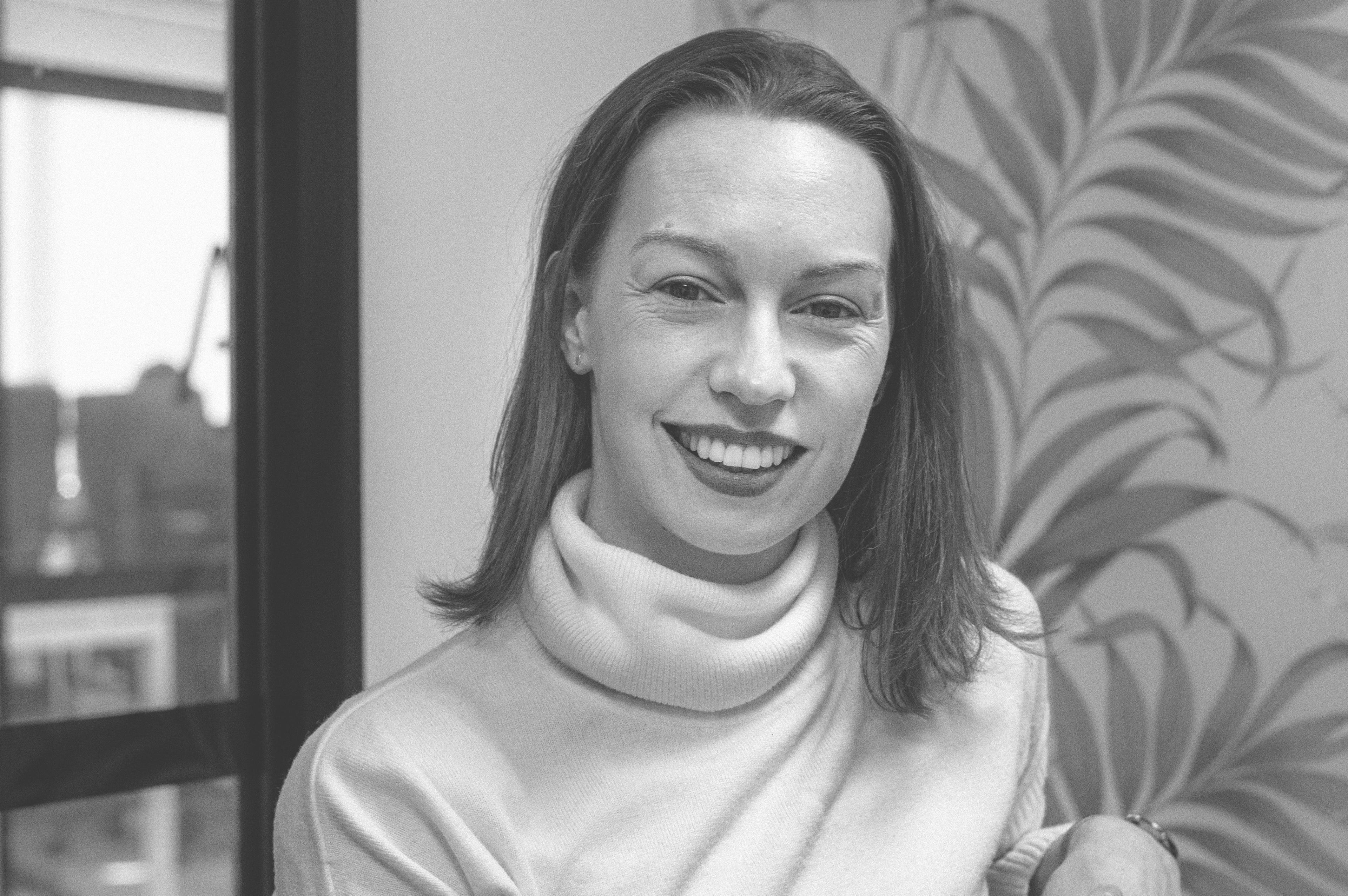I recently had the pleasure of chatting with Dr Claire Ashley of Aethra Aesthetics. She shared her skincare secrets with me, talked about her philosophy when it comes to tweakments, and explained why she’s enjoying being a GP even more since becoming an aesthetic practitioner.
Thanks for joining us, Dr Ashley. What’s your background, and what led you into aesthetics?
Before becoming a GP I was an anaesthetist, so I have lots of experience in procedures involving needles, such as central lines, arterial lines, spinals and epidurals. You get very good at doing lots of procedures quite quickly with that level of training.
Last year, I went through a very difficult time where I started to burn out, and I started thinking about how I could use my skills in a way that I really enjoyed. In the NHS you’re very busy and don’t get to spend as much time with your patients as you want to. I’d always been really into skincare, and knew that aesthetics was something I’d love to get into but I’d held back for fear of trying to do something on my own and not having a guaranteed income.
However, I knew that I wanted to start my own business and use my medical skills and knowledge in a different way, So, after a lot of deliberation, I went for it - and I’m so glad I did. I’m really happy. It gives me job satisfaction that I can’t get from the NHS, because I get to spend time with my patients now, talk to them and build relationships. And I get to do things that make them happy.
I’m still working as a GP, which is my main job - it’s not an either/or thing. But aesthetics actually saved me from leaving the NHS. It means that I now have that variety, which keeps it fresh. I’m never bored. I’m actually enjoying being a GP even more since doing aesthetics, so it’s been great for me.
That's incredible. So happy to hear you're enjoying what you do. What’s your philosophy as an aesthetic practitioner?
My philosophy, which is also my tagline on my website, is to provide safe, professional, ethical care.
Safe - because there are people out there who - unfortunately, due to lack of legislation here in the UK - can go on courses that allow them to learn to inject in half a day. A beautician, for example, can learn to inject and start putting into practice without having any medical background or real understanding of anatomy, how to treat or even recognise complications.
Being a doctor, I’ve had years of learning about anatomy and practising procedures, and having a duty of care towards my patients, I have to deliver a certain standard of care. If something went wrong, I couldn’t just leave them - that would go against my professional code of conduct. For me, being safe is number one. And I want my patients to know that they’re safe when they come to me. If anything were to ever go wrong, I would take responsibility and would fix it.
Professional - I’m a member of a regulatory body and have annual appraisals. I have to have evidence of CPD, and because I practise as a GP, I also understand communication and how to form appropriate relationships with my patients.
Ethical - if someone came to me wanting over-inflated lips, I’d say no - and I have said no. Equally, if someone with body dysmorphic disorder (BDD) came to me looking for a treatment, I’d say no. And I would never push treatments on anyone or do a hard sell. It’s important for people to have time to think about whether a treatment is for them or not.
I went into medicine to use my scientific and medical knowledge to see a problem, to fix it or provide a treatment and to make people feel better about themselves. Because this industry is so saturated, you need to be in it for the right reasons; not just for the dollar signs.
Your skin is glowing. Has it always been this good?
I have PCOS and, as a consequence, I’ve struggled with acne since I was a teenager. But I only really got into skincare on the run up to my wedding as I wanted to have nice skin for the big day. Since then, I’ve made some changes to my routine. I now use a nice gentle exfoliating cleanser from PH Formula - the skincare company I partner with, and I use a retinol and vitamin C serum, which are both great for lines and wrinkles. I also use niacinamide, which is good for spots, and I’m also introducing treatments like microneedling, as well as the chemical resurfacing treatments from PH Formula.
Ooh! Tell us more about chemical resurfacing
Chemical resurfacing is similar to a chemical peel but, unlike a traditional chemical peel, it doesn’t strip away the epidermis - the superficial layer of the skin - which often leaves us red and peeling. The way it’s been developed means the product is delivered through the epidermis to the deep layers of the dermis, where it gets to work.
It can be used to treat signs of ageing, acne, pigmentation, redness and sensitive skin. When patients come to me for this treatment, I cleanse their skin, then I put on a solution that tests their sensitivity, and will vary the strength depending on what their skin can handle. Next, I’ll put on the resurfacing solution and, afterwards, I’ll use a charcoal mask, followed by moisturiser and sunscreen.
During the treatment, you might feel a bit of tingling, which is totally normal, but you don’t get the same intense sensation that you generally get with a chemical peel. It takes around 30-45 minutes and when it’s over, the skin is not red at all - it just looks amazing.
Sounds like you’re constantly learning new things in your job. Why is this important to you?
I’m already planning numerous new courses this year, as well as attending conferences. I don’t think you can ever sit back and think you know all there is to know in aesthetics, because there’s always something new to learn. You have to constantly challenge yourself and learn new things, and then consolidate what you’ve learnt. That can be a bit difficult in aesthetics because you do your course and then you’re often left to get on with it, but it’s so important to stay up to date.
Why do you think people often don’t want to talk about their tweakments?
People either get tweakments and they’re loud and proud about them or they don’t want to tell anyone they’ve had them. Even though treatments like Botox and fillers are becoming more common-place there’s still stigma and a sense of shame. Personally, I think what people do with their own faces is up to them. You don’t have a go at women for having semi-permanent makeup, having their eyebrows microbladed or dyeing their hair, so how is it any different? I don’t think it is different. If you’ve got money and want to do something about your skin issues or lines and wrinkles, that’s your prerogative. People are still a bit nervous to say when they’ve had them but I think this will change.

